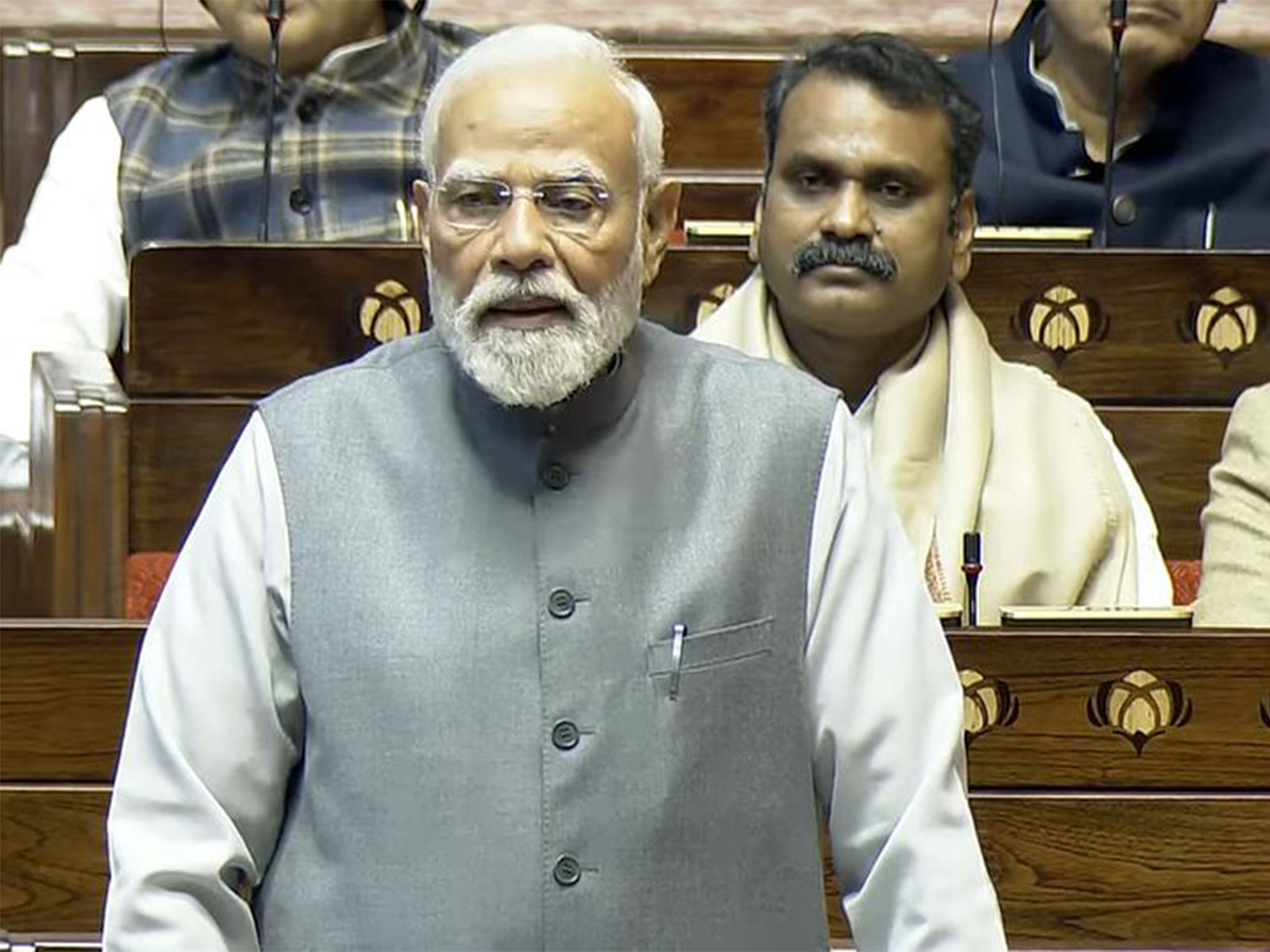
Method actor Gulshan of Hunterrr fame thinks that the piracy bug has bitten the industry quite deep and it's high time people both inside and outside the industry join hands to control the situation. However, Gulshan stresses on the fact that piracy can't be completely eradicated.
The actor, who's now gearing up for the release of Konkona Sensharma's directorial debut -- A Death in The Gunj, spoke to Catch on a variety of things including piracy. Excerpts:
While the industry has always been vocal about fighting against the piracy why has turned more active towards the cause in the last few months?
It's better late than never I think. Yes, this wake-up call should have happened a while back but I think there's more money involved in films now. And therefore, more people are concerned about the greater loss today.
Which kind of films get affected by piracy?
All kinds of films get affected by piracy. However, smaller films or the films that are potential Box Office winners get majorly hit by it. A superstar's film will still be watched in theatres because a fan is watching them but a film which doesn't have a superstar but has a good story, and a good message will suffer the most. For example, Manjhi (Manjhi: The Mountain Man) was available online before its release. It was a great story but its online leak definitely affected its business. People praised the film but it couldn't earn the producers the money and this is all due to the leak.
Can you elaborate on how content-based films, in particular, suffer the most due to piracy?
There are films which require a certain word of mouth to reach to the larger audience. We want people to watch our films in theatres and tell other people to watch it because we don't have big advertisement budgets. We don't organise heavy promotional activities. We don't invest in other things to make our films popular. Aren't such films supposed to be watched? Shouldn't there be an audience for such films in theatres? Piracy hinders the prospects of these filmmakers who are taking risks to make content-based cinema.

Filmmaking is not just a creative process but it also provides employment to a lot of people. Does piracy affect the livelihood of people associated with the film off-line?
Absolutely. If a film does well, all the people who are involved with it tend to do well. The success is always shared. Not only the directors and the actors but the technicians, art directors, everybody who has worked hard on it will have to suffer. Films are our livelihood. We work in films for our living. I have seen people telling me that they have watched films in their mobile just for Rs 10.
Do you think there should be a structured organisation or a committee set up in the industry to tackle piracy?
I think we have enough unions already. Everything is structured properly already. There just need to be an effective activeness among public or industry members to work out a strategy against piracy. Of course, we always need stricter rules and policies to tackle a problem which is getting worse by the day. So yes, a new committee could do the trick.
Do you think people who are watching pirated versions of films are not aware that they are part of a crime?
Yes. I think there's a lot of lack of awareness. The other day, my cook told me that she had watched some popular film on her laptop. And for a moment, I thought about what I should I really tell her. I explained to her that by doing this, she has put a dent the livelihood of those work in the cinema industry. And she had no idea about this. I have had cops tell me that they have watched films on their phones and laptops. What does one say to them? Sometimes you feel surprised to see this level of unawareness among people.
Is the increase in ticket prices responsible for the increase in piracy in India?
I don't think that it's the core reason. Because, there're many theatres, specially single screens ones -- where the ticket prices are not really expensive. It is just the magic of going to the theatres and watching your favourite film star that triggers one to go to theatres. You can't feel the magic of a Salman Khan film by watching his film sitting within the four corners of your room. The kind of enjoyment, the level of drama or the dream world that it takes you to -- this just can't be replicated on your mobile device. I think it's more of laziness. People are like 'yahan easily mil raha hai, theatre jane ki kya zarurat hai.' People need entertainment and they seek it from wherever they can -- in the form of cinema, art or music. But they should always asses that somebody's livelihood is not suffering due to their way of seeking entertainment.
What is the best or an immediate way to tackle the problem of piracy?
It's making our rules and regulation more harder and stricter. Also, I think, there's a need of awareness among the people. There is something called ethical living and people should realise that piracy is a crime. On the other hand, I think piracy shoudl be completely eradicated. It's so deeply rooted. However, watching a film on a laptop or a phone when the run of that film is completely over on the Box Office would definitely hamper the creativity and the business less than watching it before its release.
Producers or the makers can help in tackling this. They should be more careful of the transportation of their film from one studio to another.
First published: 30 July 2016, 5:03 IST







![BJP's Kapil Mishra recreates Shankar Mahadevan’s ‘Breathless’ song to highlight Delhi pollution [WATCH] BJP's Kapil Mishra recreates Shankar Mahadevan’s ‘Breathless’ song to highlight Delhi pollution [WATCH]](https://images.catchnews.com/upload/2022/11/03/kapil-mishra_240884_300x172.png)

![Anupam Kher shares pictures of his toned body on 67th birthday [MUST SEE] Anupam Kher shares pictures of his toned body on 67th birthday [MUST SEE]](https://images.catchnews.com/upload/2022/03/07/Anupam_kher_231145_300x172.jpg)






